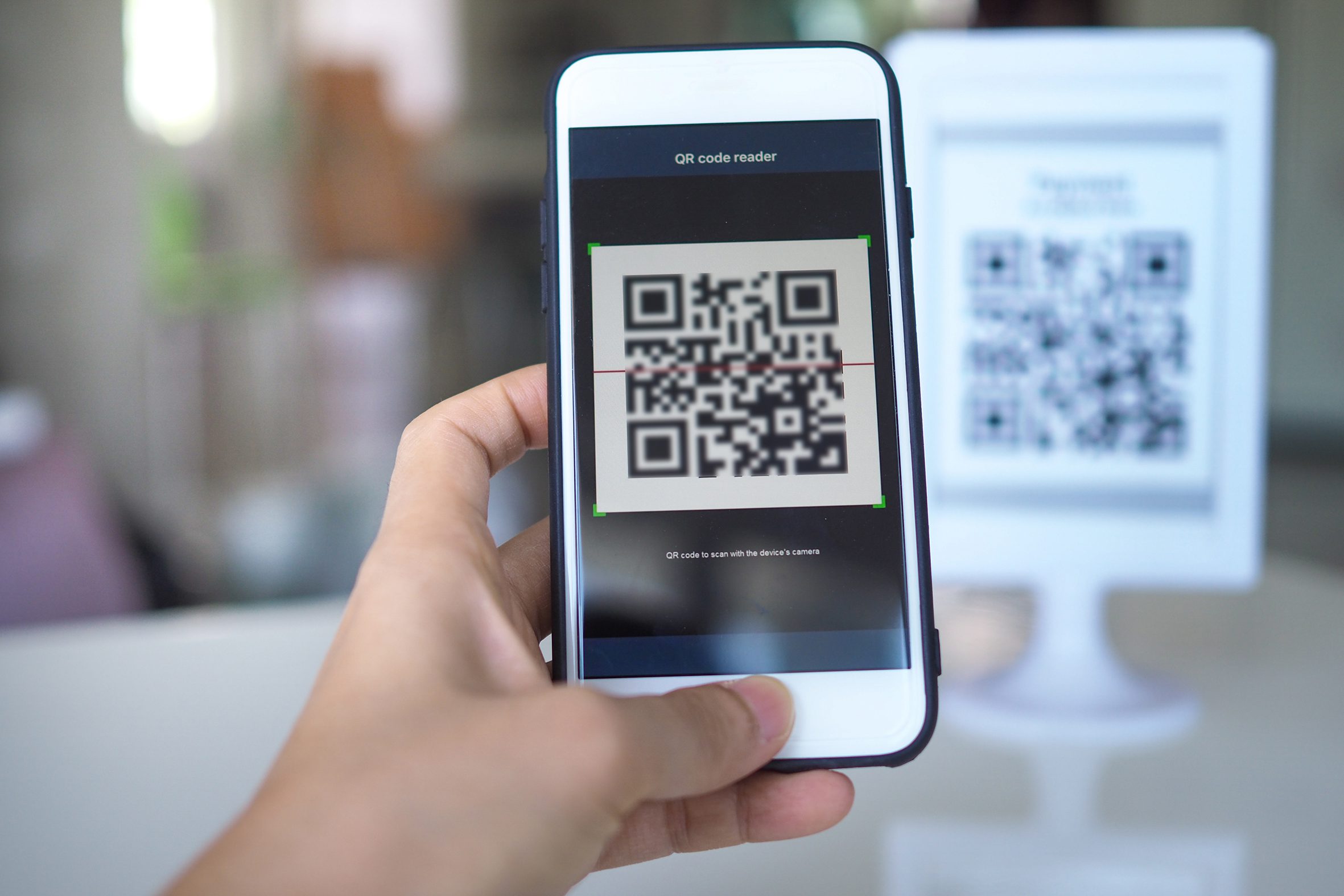
What are Digital Item Passports and should we care? Elena Rotzokou of ecological information professional Ecoveritas tries to discuss the effort.
The extraordinary amount of Extended Manufacturer Duty legislation that has actually been greenlighted up until now this year– throughout Europe– no doubt indicates a brand-new level of ecological awareness on a governmental, instead of simply social level.
European legal bodies have actually activated themselves en masse because March 2022, which is when numerous propositions targeted at item sustainability saw the light of day, most significantly a circular economy organization design. All these propositions fall under the province of the European Green Offer, very first authorized in 2020, whose objective is to accomplish incremental sustainable development so that Europe ends up being the very first climate-neutral continent by 2050. Green Offer legislation has actually shown most versatile to the times. In an effort to fulfill the obstacles of the times, the European Commission has actually created the European Digital Item Passport (DPP) effort.
What are digital item passports? As the term suggests, each item positioned by a service on the EU market will require to bring its specific info passport, access to which will require to be offered by means of an information provider to a distinct item identifier (UID). The EU goes for a 2026 date by which to carry out the legislation throughout 3 markets: clothing, batteries, and customer electronic devices– with more to follow. Food and pharmaceutical items will be omitted. Through information openness and availability, the item passport effort looks for to raise awareness and motivate eco-friendly action throughout all celebrations associated with an item’s lifecycle: makers, suppliers, and end customers.
The logistics behind item passport usage may appear made complex initially look however are, in reality, uncomplicated: all a customer requires to do is scan the item QR code with their phone to gain access to DPP info. To assist organizations comprehend their function in efficiently making those passports a truth, numerous information requirements requirements have actually currently been developed at this early phase to debunk the procedure. For instance, digital links available through a distinct item identifier will require to be contributed to the items themselves instead of external product packaging or tags. Interested celebrations ought to have the ability to gain access to info associating with basic materials, makers, suppliers, merchants, and recycling alternatives.
Traceability systems are to be in location to make it possible for tracking all treatments leading from basic materials to the ended up item. Steps will be required to carry out information collection and mix systems to fulfill the reporting requirements for the passports. Whoever on the supply chain brings an item to the marketplace will bring the duty for ensuring DPP information precision.
As far as the product packaging market is worried, a variety of information schedule requirements are anticipated relating, to name a few things, to item and item packaging weight and volume, resilience, reusability, reparability, the existence of compounds hindering circularity, energy and resource effectiveness, recycled material, remanufacturing, waste generation, resource usage, microplastic release, and carbon footprints.
In addition to batteries, clothing, and electronic devices, there is pressure on more markets to embrace the DPP effort, such as fabrics (particularly furnishings), plastics, chemicals, building, and vehicle production. Given that the 31st of January and till the 5th of December, the European Commission is carrying out assessment on different item classifications that will be affected by this law, such as fabrics and shoes, furnishings, cosmetics, aluminum, plastic and polymer, paper, and glass.
Legislation relating to information availability and traceability info has actually currently impacted EPR laws for plastics, therefore DPPs ought to be a crowning minute in what is currently an unfolding procedure. If all bound celebrations comply efficiently, digital passports may happen an inextricable part of items, to the point where, eventually, all items come to life geared up with passports.
2026 is nearby and even more standards are anticipated to begin dripping in throughout the coming months to notify obligated organizations of how they ought to anticipate to be affected by DPPs.
At Ecoveritas, we comprehend that this very well enthusiastic effort might appear intimidating to the majority of organizations, particularly because requirement requirements are not extensively readily available or clear at this moment. Whatever the nature of your organization, if you offer in-scope items to the EU, it is a good idea to begin making actions towards pertaining to terms with what this piece of legislation requires and what you will require to do to comply in time and with all requirements; and this is where we are available in.
Ecoveritas has actually been and will continue to keep a close track of info on the Digital Passport Item effort so regarding guarantee our customers are appropriately prepared to face their responsibilities when the time comes. If you anticipate to be impacted by this law, contact us today for more information about our special EPR matrix and strenuous consulting services.